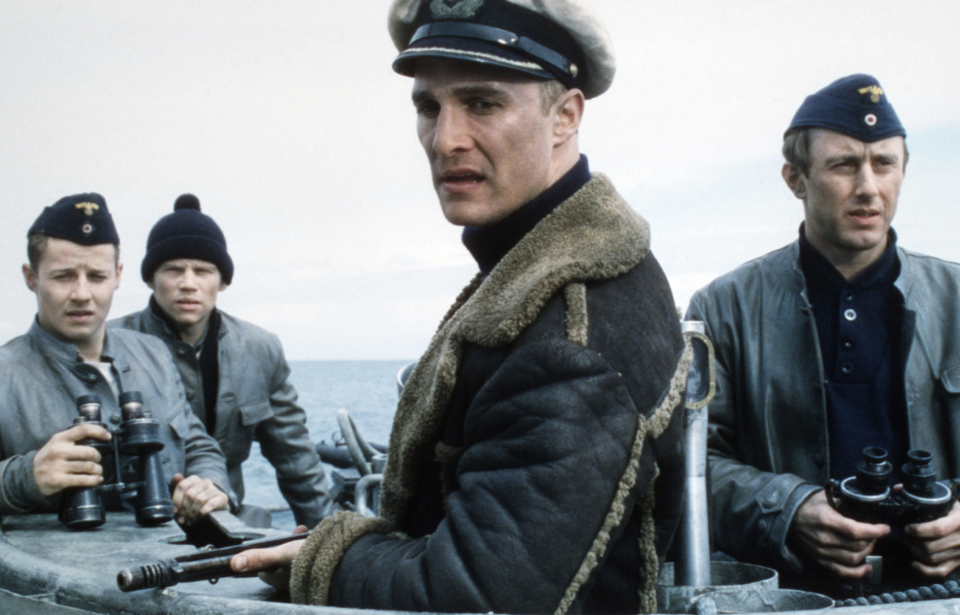Imagine: it’s 2000 and you’re sitting on your couch, popcorn in hand, waiting for the newest American war production to appear on your screen. The film in question is U-571, starring Matthew McConaughey and showcasing daring heroes, underwater battles and tension you could cut with a knife… But as you nestle into the narrative, something seems a bit off.
The tale unfurls: a group of American submariners embark on a secret mission to snatch the Enigma machine aboard a German U-boat during the tempestuous times of the Second World War. It’s thrilling, emotionally charged and undeniably entertaining, but wasn’t it the British who did that? You’re absolutely right.
The feat of seizing the Enigma, the device that enabled the Allies to decipher German naval codes, was a British endeavor, and this is where our story of celluloid and real-world parliaments entwines.
Operation Primrose
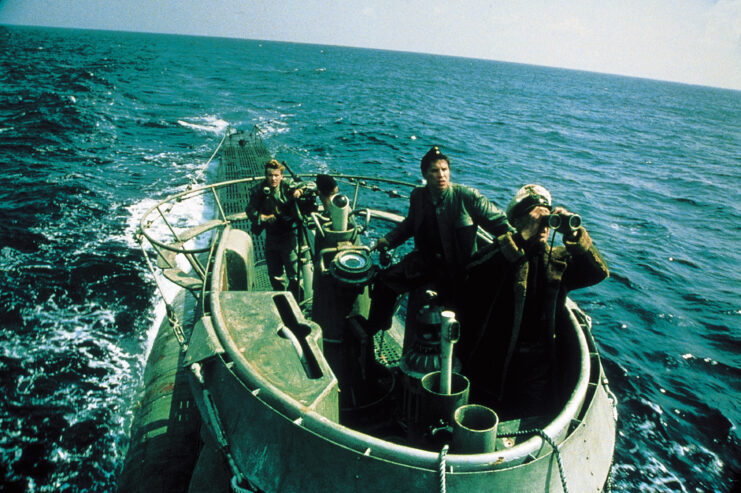
The actual seizing of Enigma machines by the British was a covert, dangerous operation that held the weight of the war within its grasp. The Royal Navy and its sailors demonstrated immense courage and strategic acumen in executing these operations.
The HMS Bulldog (H91), under the command of Capt. Joe Baker-Cresswell, captured U-110 (not U-571) and its Enigma machine in 1941. This provided British codebreakers, including Alan Turing, with invaluable insight into German naval communications, which proved pivotal in turning the tide of the Second World War.
The British efforts to decipher Enigma codes at Bletchley Park saved countless lives and accelerated the Allies’ victory. The sailors faced incredible peril, with several losing their lives. The capture, dubbed Operation Primrose, was top secret – even US President Franklin D. Roosevelt didn’t learn about it until the next year from British Prime Minister Winston Churchill.
U-571 upset the British Parliament
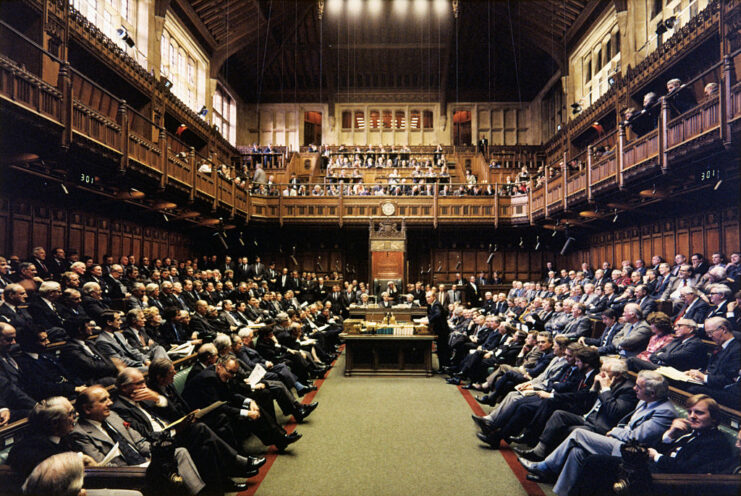
The British Parliament, a venerable institution where discussions of state and strategy are held, found itself delving into the world of cinema when U-571 was released. Members of Parliament (MPs), including veterans and those representing constituencies that had witnessed firsthand the impacts of U-boats, expressed their displeasure. Prime Minister Tony Blair even commented that the production was an insult to the Royal Navy.
The overarching sentiment wasn’t one of mere nationalistic pride, but of upholding the truth and honoring the fallen. It was felt that the rewriting of history did a disservice to the real heroes of World War II, obscuring their sacrifices and bravery beneath a narrative that was palatably Hollywood but devastatingly inaccurate.
Cinematic liberties versus historical accuracy
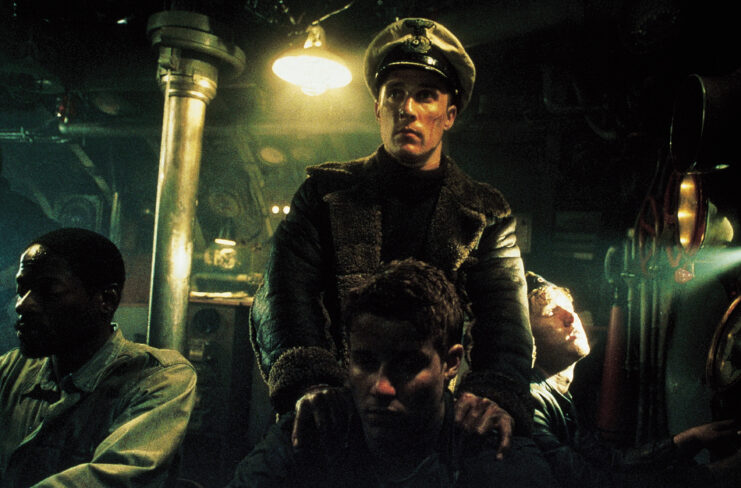
Cinema often takes liberties with the truth, molding and shaping it into narratives that are compelling and commercially successful, but where should the line be drawn, especially when dealing with historical events and real-life sacrifices?
U-571 is a lens through which we can examine this delicate balance. Storytelling, especially when it intersects with real-life events and people, bears a responsibility to honor and respect the truth. It brings into focus the ethical considerations filmmakers must navigate when translating true events for the big screen, ensuring they honor the memories of those who lived them.
A moment of candid reflection came a few years after the film’s release when screenwriter David Ayer acknowledged in an interview with BBC Radio 4’s The Film Programme that U-571 had bent the arcs of history. He shared a heartfelt admission about the discomfort he felt in implying it was Americans – not the British – who captured the naval Enigma cipher.
Public reaction to U-571
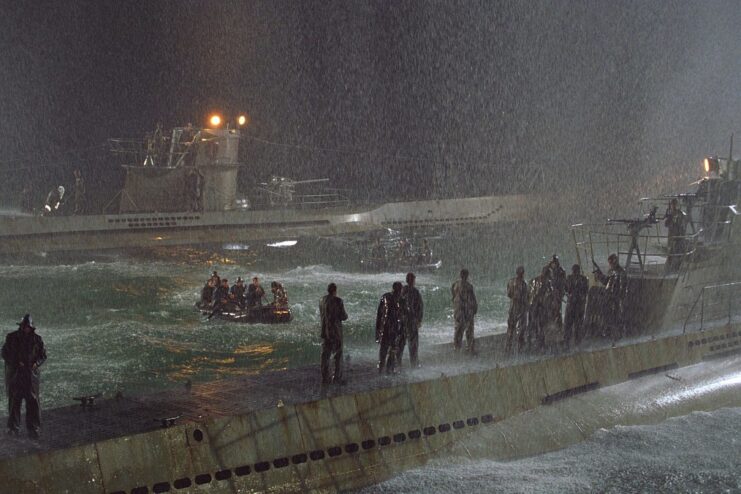
While U-571 was certainly a commercial success, raking in robust box office numbers, its reception was a mixed bag, globally. In the United States, audiences were enthralled by the adventure and drama, likely largely unaware of the historical liberties taken by the script.
In the United Kingdom and among WWII historians, however, the response was notably frosty, with the film seen as an affront to the actual heroes and a blatant rewriting of history.
In conclusion…
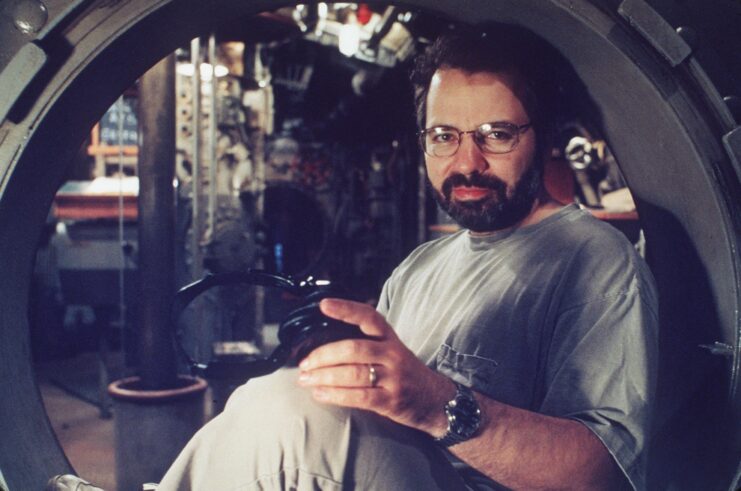
In the echo of U-571‘s fading credits, we find ourselves in poignant reflection. To honor the memories of the brave souls who truly ventured into the abyss during the darkest days of the Second World War, we must ensure their stories, unadulterated and true, continue to echo through history.
More from us: Behind-the-Scenes Facts About the Popular WWII Film, ‘The Longest Day’
Are you a fan of all things ships and submarines? If so, subscribe to our Daily Warships newsletter!
This debate serves as a timeless reminder of the weight that stories carry and the imperative to tell them with respect, honor and truth, especially when they’re intertwined with the experiences of real-life people. It beckons filmmakers and storytellers to tread thoughtfully when navigating the sacred ground of history, ensuring the legacies of true heroes remain undimmed.
